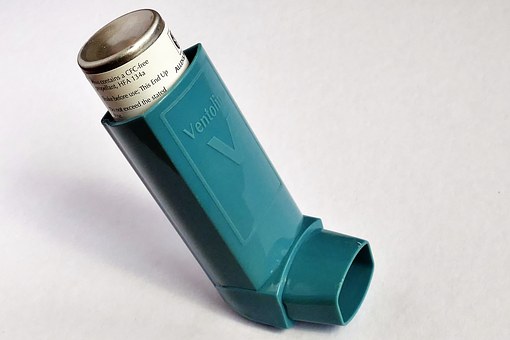Asthma Attack Triggers and how to Help Prevent Attacks

Asthma is a chronic disease that can be serious and even life-threatening. According to the American Lung Association, more than 26 million Americans have asthma, including 6.1 million children. While there is no cure for asthma, you can learning more about asthma attack triggers, you can live a normal, healthy life.
What is an Asthma Attack?
When you experience an asthma attack, the airways leading to your lungs narrow and your body makes extra mucus. This makes it harder for you to breathe. You feel a tickling or scratching sensation in your chest and you fight to get enough air.
Asthma Attack Triggers and the Weather
Heat: Hot air can irritate airways that are already narrowed. Heat and sunlight mix with chemicals in the air and create smog. This also makes it harder to breathe.
What you can do: Use air conditioning to keep cool and filter out irritants.
Cold: You may find that your asthma symptoms get worse when the temperature drops. That’s because cool air can dry out the tissues in your airways. This makes them more likely to close up.
What you can do: Wrap a scarf loosely over your lower face to help warm the air you breathe in.
Humidity: Mold and dust mites thrive in damp air. Both of these are irritants and will make your airways contract.
What you can do: Use an air conditioner or dehumidifier to keep your home dry. Change or clean your air conditioner filters regularly to prevent a buildup of mold and dust mites. Make sure that your bathroom is well-ventilated to stop mildew from growing.
Thunderstorms and rain: A light rain can wash away pollen. This is good news if pollen is one of your triggers. But a thunderstorm will have the opposite effect. Lightning can hit pollen and break it into smaller pieces. These smaller pieces are then spread by the wind and can easily enter your lungs and trigger an attack.
What you can do: If pollen is one of your triggers, try to stay indoors during strong rainstorms and keep windows closed. Pollen is a prime irritant for many people with allergies and asthma. Consider going to an allergist to find out which specific kinds of pollen affect you most. Medicine and allergy shots can help manage your allergies.
Good to Know: Winter is here and this means that colds and the flu around. These conditions can spur an asthma attack. Consider getting a flu vaccine to lower your odds of getting sick, especially if you are around a lot of people.
